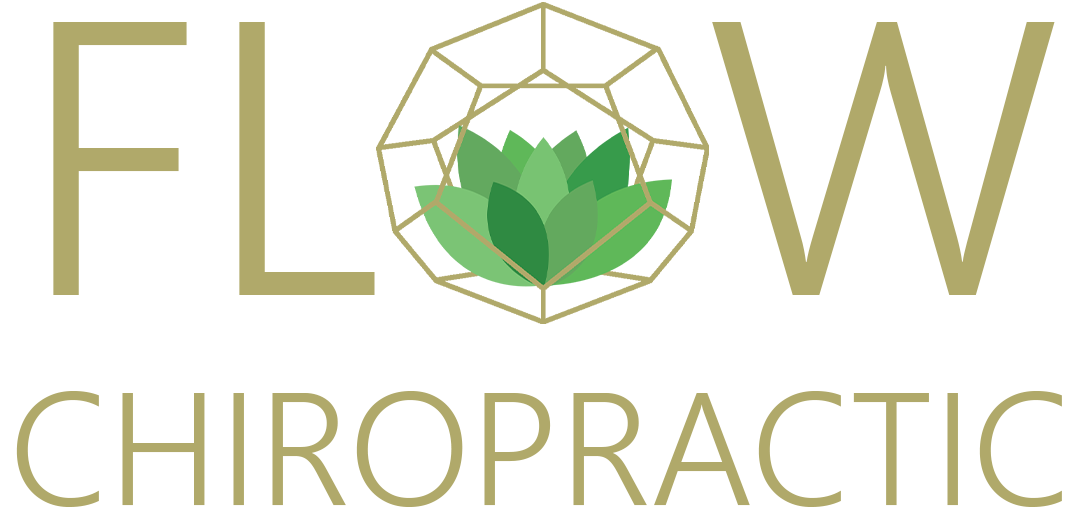A Functional Medicine Perspective on Fueling with Intention for women
In the evolving world of women's wellness, fitness goals often fall into one of two camps: performance or aesthetics. As a Chiropractor and Functional Medicine provider working with women across all stages of life, I often see the same question pop up—should I be eating differently depending on what I'm working toward?
The short answer: yes.
Let’s explore what it really means to eat for function and strength versus eating to support body composition goals, and how you can thoughtfully adjust your nutrition without compromising your well-being or burning out your system.
Performance Nutrition: Fueling to Function at Your Best
If your goals include getting stronger, improving endurance, or showing up with more energy in your workouts (and your life!), you’re likely in a performance phase. In this stage, your nutrition is about fueling output—not just surviving the day, but showing up and performing well, consistently.
Here's what I guide my patients to focus on:
Carbohydrates Are Not the Enemy
Carbs are your body’s primary energy source. Especially for active women, under-eating carbs is one of the fastest ways to tank performance, disrupt hormones, and stall progress.
A helpful range to aim for is 5-7 grams of carbs per kilogram of body weight (or 2.3-3.2 grams of carbs per pound of body weight), coming from whole food sources like oats, potatoes, fruits, and legumes.Protein Supports Recovery and Strength
Protein isn’t just for bodybuilders—it’s critical for muscle repair, immune health, and metabolic function. Aim for 1.6–2.0 grams of protein per kilogram of (ideal) body weight (or 0.75-1 gram of protein per pound of ideal body weight). Spread it across your meals and snacks, with at least 25–30 grams per meal to maximize absorption.Fats Matter for Hormones and Stability
Healthy fats play an essential role in hormone production, satiety, and recovery. Avocados, olive oil, nuts, seeds, and fatty fish are all excellent choices. Depending on your total intake, fat might make up 25–35% of your daily calories.Hydration is Functional Medicine 101
Water regulates temperature, supports joint health, and optimizes digestion. If you’re training regularly, aim for at least half your body weight in ounces of water daily—more if you sweat heavily.
Eating for Aesthetics: Honoring Your Body While Reshaping It
Shifting your focus to physique-based goals, such as fat loss or muscle definition, requires more precision—but not punishment. This is where many women fall into the trap of over-restricting, which can backfire both physically and emotionally.
Here’s a more functional, sustainable way to approach it:
A Gentle Caloric Deficit
Creating a slight energy deficit (around 300–500 calories per day) can support fat loss without triggering stress responses or slowing your metabolism. I recommend avoiding extreme deficits—especially if you’re also juggling motherhood, stress, or hormonal imbalances.Prioritize Protein (Again!)
During a fat-loss phase, protein becomes even more important. A target of 1.8–2.4 grams per kilogram (or 0.8-1.02 grams per pound) of body weight helps preserve lean muscle mass and keeps you full between meals.Balanced Macros Are Still Key
Don’t demonize carbs or fats. Cutting either too low can interfere with thyroid function, hormone balance, and mental clarity. A moderate split—say 40% carbs, 30% protein, 30% fats—can help maintain energy and hormonal stability.Micronutrients Support the Process
Aesthetic goals aren’t just about calories—they’re also about skin clarity, mood, recovery, and sleep. Prioritize nutrient-dense foods like leafy greens, citrus, nuts, seeds, and colorful vegetables to support your skin, digestion, and detox pathways.
Supplements That Support Your Goals
While food always comes first, a few supplements can bridge the gap:
Creatine monohydrate for strength and muscle retention: most common dosing is 5 grams daily.
Magnesium glycinate or malate to support recovery, sleep, and stress resilience: most common dosing is around 400mg daily.
Protein powders (like Just Ingredients or plant-based blends) for convenient recovery options
Omega-3s to reduce inflammation and support joint health
The Bottom Line: Let Your Goals Shape Your Strategy—Not Your Worth
Whether you’re training for a marathon, a heavy lift, or simply to feel confident in your body again, nutrition is a tool, not a punishment. As a functional medicine provider, I always come back to this truth: food is nourishment for your whole self—body, mind, and hormones.
If your goals feel at odds or you’re not sure where to begin, we can work together to create a plan that meets you where you are and honors where you’re headed.
You don’t have to choose between feeling good and looking good. When your nutrition is aligned with your goals, you get both.

